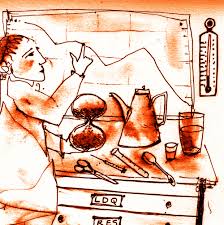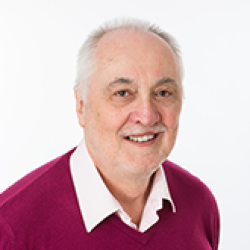Dr Norman
Claringbull
Psychotherapist
Counsellor
Psychologist
The Friendly Therapist
Call now for a free initial telephone consultation
Total confidentiality assured
In-person or video-link appointments
Private health insurances accepted
Phone: 07788-919-797 or 023-80-842665
PhD (D. Psychotherapy); MSc (Counselling); MA (Mental Health); BSc (Psychology)
BACP Senior Accredited Practitioner; UKRC Registered; Prof Standards Authority Registered
BLOG POST – Autumn 2019
Posted on August 31st, 2019
ADDICTION:
Addiction isn’t just a problem limited to a small, very troubled, sector of society. It’s not just a condition that only threatens heavy drinking ‘boozers’ or party going ‘pill poppers’. The unfortunate reality is that addiction, (also known as ‘substance dependency’), is found throughout the entire population – all ages – all occupations – all communities. Not only is such substance misuse widespread but it can involve dependence on virtually any mood-altering substance taken in excess, (alcohol, nicotine, prescription drugs, legal drugs, illegal drugs, performance-enhancers, caffeine, chocolate, sugar – almost anything). However, we usually tend to only notice the more obvious, the more extreme cases – the so-called ‘winos’, the ‘alkies’, the ‘junkies’. This is because most addicts are very good at appearing to live normal lives. They manage to keep their over-indulgences well-hidden and keep the rest of us well fooled. Many addicts deceive themselves too – they kid themselves that nothing is really wrong. They are in denial.

The overwhelming majority of addicts seem to manage their lives OK – to begin with at least. However, even for these ‘hidden’ or ‘high-functioning’ addicts, eventually the party has to stop. Their bodies and their minds start to deteriorate and their lives begin to spin out of control. That’s when substance misusers start to go downhill rapidly. If they are lucky they come to realise that they can’t go on like this. At this stage in their lives, addicts only have two choices left: 1) Get clean or 2) Continue to deteriorate, eventually to die a particularly nasty death. It’s that simple. For them, the party is over!
So, can substance misusers and/or addicts get clean by themselves? Well obviously the first task is to stop the boozing and stop the drugging. Put simply – stop using! Actually, for most people stopping is easy. It is the second task – staying stopped – that is hard. This is when substance misusers most need help. This is when counselling and psychotherapy comes into the picture. However, even for experienced therapists, helping addicts to successfully stop relying on their ‘chemical friends’ is far from simple.
What about you? Do you have a problem? If you are confident that you don’t, then why not prove it? Take this simple test. See if you can give up one of your over-indulgences for just 90 days. If you can’t, then it’s time to think. It’s time to start making some decisions about your lifestyle. In the meantime, if you want to know more about the emotional and physiological impacts of mind altering substances, legal and illegal, why not have a look at Chapter 8, ‘Prescription Drugs, Recreational Drugs and Addiction’, in my latest book ‘ Mental Health in Counselling and Psychotherapy’. You can find out more about this book and any of my other books and publications by going to the ‘MY BOOKS’ page on my website – www.normanclaringbull.co.uk
